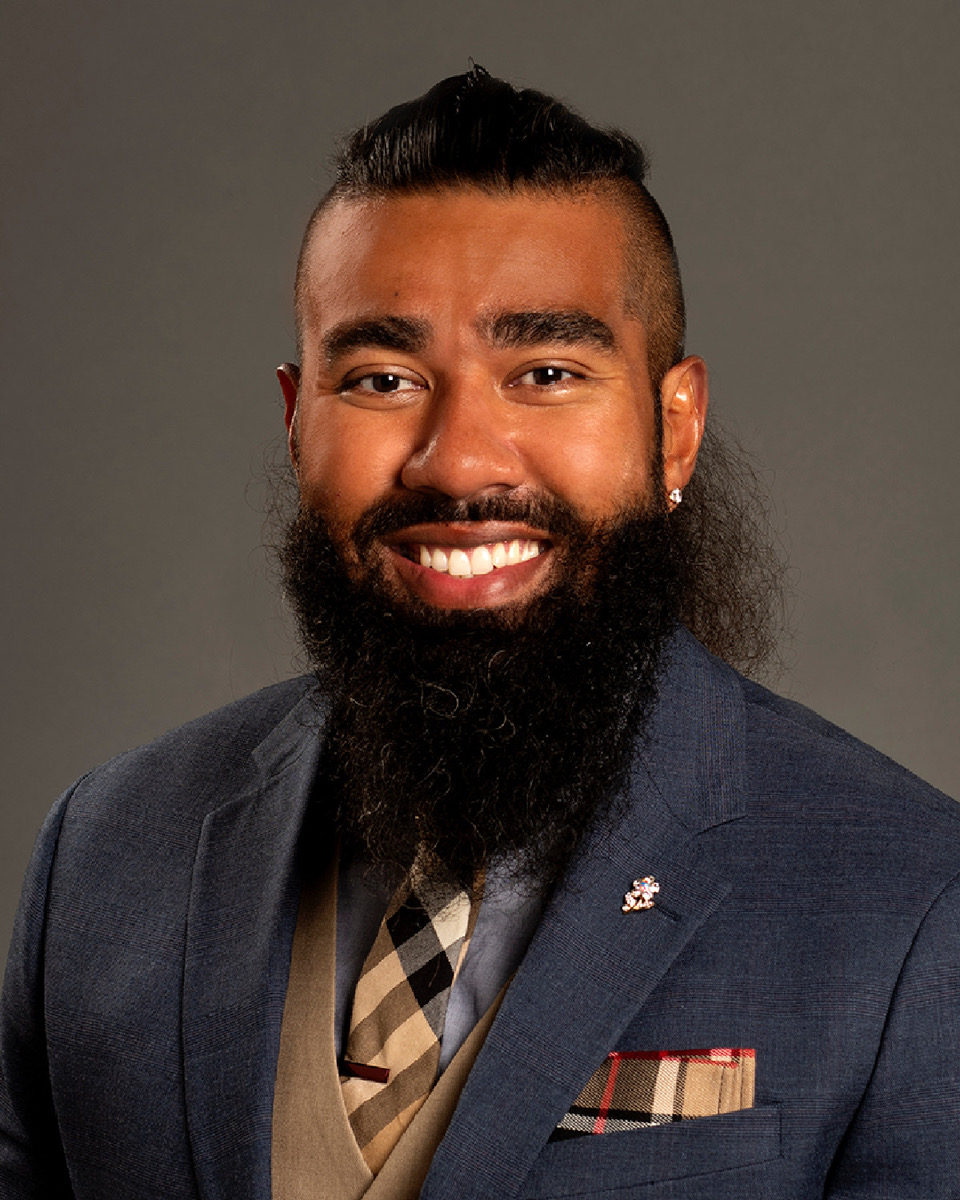Antiracism has emerged as a powerful movement aimed at dismantling racism by confronting systemic inequalities and challenging White privilege. Its stated goal is to foster a society where race no longer dictates opportunity or treatment, a mission rooted in justice and equality. Yet, a provocative critique has surfaced: in its zeal to combat racism, antiracism may be inventing a new form of racism, or “neoracism,” by elevating White individuals to a privileged, Godlike status as saviors of non-White people.
This dynamic, critics argue, is underpinned by an implicit belief among many antiracists that non-White individuals are incapable of saving themselves, thus requiring the intervention of a benevolent White savior to whom they are forever indebted.
At its core, antiracism calls on individuals, especially White people, to oppose racism actively through education, self-reflection and advocacy. However, this framework often positions White people as the central actors in the fight against racial injustice, casting non-White individuals as passive beneficiaries of their efforts. This creates a power imbalance reminiscent of historical savior narratives, where White figures “rescue” marginalized groups, reinforcing their dominance under the guise of altruism.
Consider the concept of “White fragility,” a term coined by Robin DiAngelo to describe the discomfort White people experience when discussing race. While intended to critique this defensiveness, the idea can inadvertently frame White individuals as fragile beings needing gentle guidance. At the same time, non-White people are expected to endure or facilitate this process. This dynamic subtly elevates White people to a position of moral authority, as they are seen as capable of transcending their fragility to “save” the racial discourse. At the same time, non-White individuals remain in a supporting role.
Similarly, the call for White people to “check their privilege” or “educate themselves” about racism can reinforce a neoracist hierarchy. These practices suggest that White individuals possess the unique capacity to unravel systemic racism, while non-White people are relegated to the role of grateful recipients of this enlightenment. The implication is clear: non-White individuals lack the agency to address their oppression, requiring a Godlike White savior to intervene on their behalf.
This savior complex manifests in tangible ways. Diversity training programs, for instance, are often marketed to predominantly White organizations as a way to demonstrate their commitment to antiracism. Yet, these initiatives can devolve into performative acts, where White participants gain a sense of moral superiority without affecting systemic change. Non-White employees or communities may feel obliged to applaud these efforts, perpetuating a cycle of indebtedness to their White “benefactors.”
Affirmative action, another antiracist tool, can also be interpreted through this lens. While designed to level the playing field, it risks being seen as a gift bestowed by White-dominated institutions upon non-White individuals, who are presumed incapable of succeeding without such intervention. This paternalistic undertone reinforces the notion that non-White people need White saviors to lift them, rather than empowering them to forge their paths.
Even the language of antiracism can bolster this neoracism. The term “people of color,” widely used to describe non-White groups, implicitly positions whiteness as the default, while grouping diverse populations into a monolithic “other.” This linguistic choice subtly upholds White centrality, framing antiracism as a mission led by White individuals to “save” those who deviate from the norm.
Defenders of antiracism might argue that it is a necessary response to centuries of systemic racism, not an invention of neoracism. They contend that acknowledging White privilege and encouraging White action are practical steps toward dismantling oppressive structures, not attempts to deify White saviors.
Empowerment of non-White communities, they say, is the ultimate goal, not their subjugation to white benevolence.
Yet, this defense sidesteps a critical flaw: the reliance on White initiative often assumes non-White helplessness. By framing White people as the ones who must “do the work,” antiracism can perpetuate a narrative where non-White individuals are forever dependent on White goodwill. This dynamic, even if unintentional, mirrors the Godlike savior complex, where White individuals are appeased by their role as liberators, and non-White people are cast as eternally indebted.
Antiracism’s aim to eradicate racism is noble, but its execution risks birthing a neoracism that elevates White saviors to a privileged, almost divine status. Assuming non-White people cannot save themselves perpetuates a cycle of dependency and gratitude that undermines equality. Only by reorienting its approach can antiracism fulfill its promise without resurrecting the power imbalances it seeks to address.


